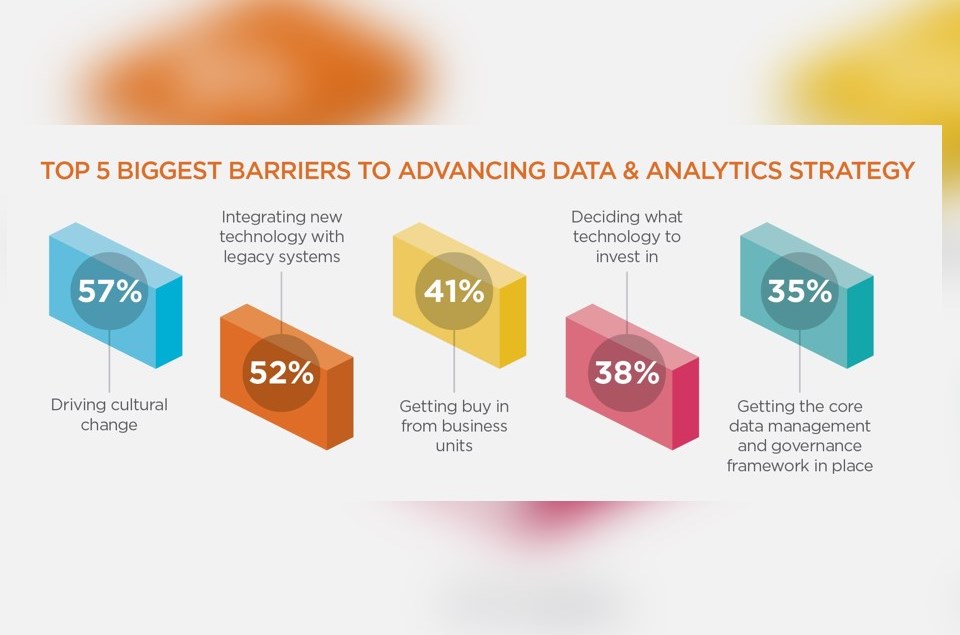Over the course of the past 3 months I’ve conducted in-depth research with senior analytics professionals in South Africa. The research group has been spread across a number of industries and a variety of company sizes.
One of the key topics that has come up time and again is that of how to organise for analytics success. I suppose there are myriad ways this concept – ‘organise for analytics success’ – can be interpreted. And it’s clear that there is no one answer as it ultimately depends on each individual business.
Given that Corinium focuses on Chief Analytics Officers what I was specifically looking for was whether or not a CAO was critical to analytics success or not. Especially given that, in South Africa, there is only one titled Chief Analytics Officer.
It stands to reason that a small company has to have their analytics centralised. There’s likely to be only one person looking after analytics/insights/BI. So, we knock them out of the conversation.
As we know the analytics team needs to have an acute understanding of the business and business unit they are working in. To be able to build models and derive insights its important that there is some context to the objectives of the business unit as well as the problem the analytics team is solving for.
It’s based on this premise, then, that many Heads of Analytics (and similar) believe that analytics has to be decentralised. Deploy a Head of Analytics into each business unit, allow them to work alongside the business owners and build insights with specific knowledge of the customer and the product.
This structure makes perfect sense. Except when you take into account that there is a distinct lack of skills when it comes to people who can build advanced analytical models; and understand business; and have the ability to lead a team and engage with business.
Finding one strong, effective Head of Analytics is a big ask. Finding enough to satisfy all your business units is a near impossible task.
So then, does it make sense to focus on finding that one unicorn? That Head of Analytics that is strong across all areas – technical and business. Call them a CAO or don’t – that’s not the debate here. The debate is whether or not this central person can control a group of Data Scientists, Statisticians, Actuaries etc. and deploy them into business units as and when they’re needed.
In a perfect world you might have a CAO who has true C-level standing with a mandate, influence and accountability that has a team of Analytics Heads stationed in each business unit. The CAO would be responsible for the overall analytics strategy for the business and would also have a direct relationship with the Chief Data Officer (this is in a perfect world, remember?) to ensure that organisational data is of the highest quality and easily shared across the whole organisation.
Have I answered the question? Do you now know how to organise for analytics success? Probably not. I think there still needs to be more research done but still I think that there is no one size fits all solution to this.
I’m interested in your thoughts. Let’s start the conversation here and perhaps some ideas will come out – for and against both arguments – that can be incorporated in a hybrid model.
By Craig Steward:
Craig Steward is the Managing Director EMEA for Corinium Global Intelligence and Content Director for the Chief Analytics Officer Forum Africa taking place 26-29 September in Sandton, South Africa and the Data & Analytics Leaders Forum UAE taking place 9-12 October in Dubai, UAE. Join Craig and other data and analytics professionals later this year.








